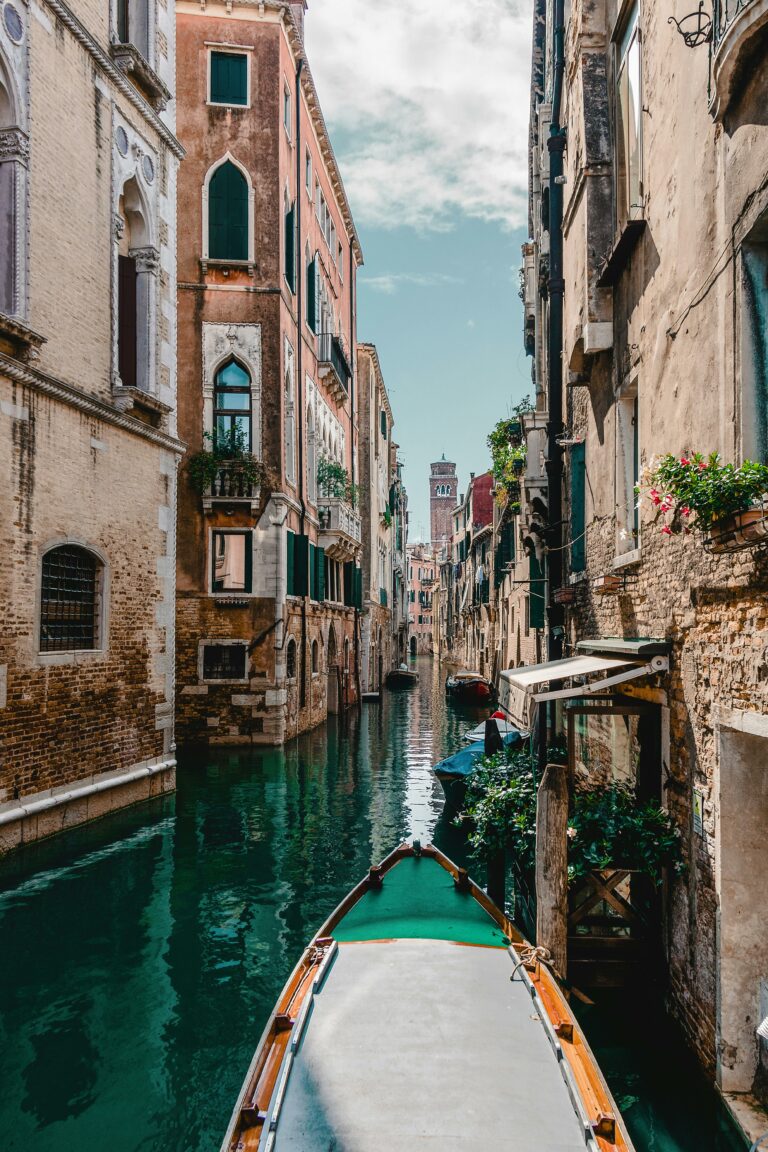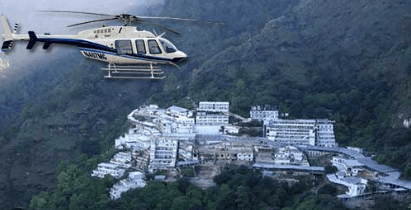The Enchantment of Solo Kayaking Expeditions: Paddling Through Remote Waterways and Coastal Regions
Goexch9, Dreamexch: Embarking on a journey to explore untouched beauty is a captivating experience that allows one to connect with nature in its purest form. The allure of undiscovered landscapes, untouched by human hands, beckons to those seeking solace and inspiration in the raw elegance of the world around us. In these remote havens, one can witness the untouched majesty of towering mountains, pristine lakes, and sprawling forests that have remained undisturbed by modernity.
Each step taken in these unspoiled realms reveals a new facet of nature’s grandeur, captivating the soul and igniting a sense of wonder and reverence for the earth’s unblemished splendor. The symphony of sights and sounds in these untouched landscapes serves as a reminder of the beauty and resilience of the natural world, inviting us to tread lightly and cherish the precious sanctuaries that remain unscathed by human intervention.
Planning Your Solo Kayaking Adventure
Before embarking on your solo kayaking adventure, it’s crucial to meticulously plan every aspect of your trip. Start by thoroughly researching your chosen route, including potential hazards, water conditions, and any required permits. Familiarize yourself with the area’s topography and consider factors such as currents, tides, and weather patterns that could impact your journey.
Next, ensure you have all the essential gear for a safe and successful expedition. Invest in a high-quality kayak that suits your skill level and the type of water you’ll be navigating. Don’t forget to pack safety equipment such as a personal flotation device, navigation tools, a first aid kit, and communication devices to stay connected in case of emergencies. Prioritize lightweight and compact gear without compromising on durability to keep your kayak uncluttered and easy to maneuver during your solo adventure.
• Research your chosen route thoroughly, including potential hazards and required permits
• Familiarize yourself with the area’s topography, currents, tides, and weather patterns
• Ensure you have all essential gear for a safe expedition
– Invest in a high-quality kayak suitable for your skill level
– Pack safety equipment like a personal flotation device and first aid kit
– Bring navigation tools and communication devices for emergencies
• Prioritize lightweight and compact gear without compromising durability
Essential Gear for Remote Expeditions
When embarking on a remote expedition, having the right gear can make all the difference in your experience. Start with a durable and reliable tent that can withstand various weather conditions. Look for a lightweight yet sturdy option that is easy to set up and provides adequate protection from wind and rain.
Another essential piece of gear is a high-quality sleeping bag that offers warmth and comfort during chilly nights in the wilderness. Opt for a sleeping bag that is lightweight, compact, and suitable for the temperatures you expect to encounter on your expedition. Additionally, don’t forget to pack a reliable stove for cooking meals and boiling water, as well as a water filtration system to ensure access to clean drinking water throughout your journey.
What are some essential items to pack for a remote expedition?
Some essential gear to pack for a remote expedition includes a reliable GPS device, a satellite phone for communication in case of emergencies, a sturdy tent for shelter, a high-quality sleeping bag, a water filtration system, a multi-tool, and extra food and water supplies.
Why is a GPS device important for a remote expedition?
A GPS device is important for a remote expedition because it can help you navigate through unfamiliar terrain and ensure you stay on course. It can also be a lifesaving tool in case you get lost and need to signal for help.
Why do I need a satellite phone for a remote expedition?
A satellite phone is crucial for a remote expedition because it provides a reliable means of communication in areas where regular cell phone coverage may not be available. In case of emergencies or unexpected situations, having a satellite phone can be a lifeline for contacting help.
What should I look for in a water filtration system for a remote expedition?
When choosing a water filtration system for a remote expedition, look for one that is portable, lightweight, and effective at removing bacteria and parasites from water sources. Consider options such as pump filters, gravity filters, or water purification tablets.
How important is it to have extra food and water supplies for a remote expedition?
It is extremely important to have extra food and water supplies for a remote expedition, as you may encounter unexpected delays or obstacles that can prolong your journey. Having a surplus of food and water can ensure that you stay nourished and hydrated throughout your expedition.







